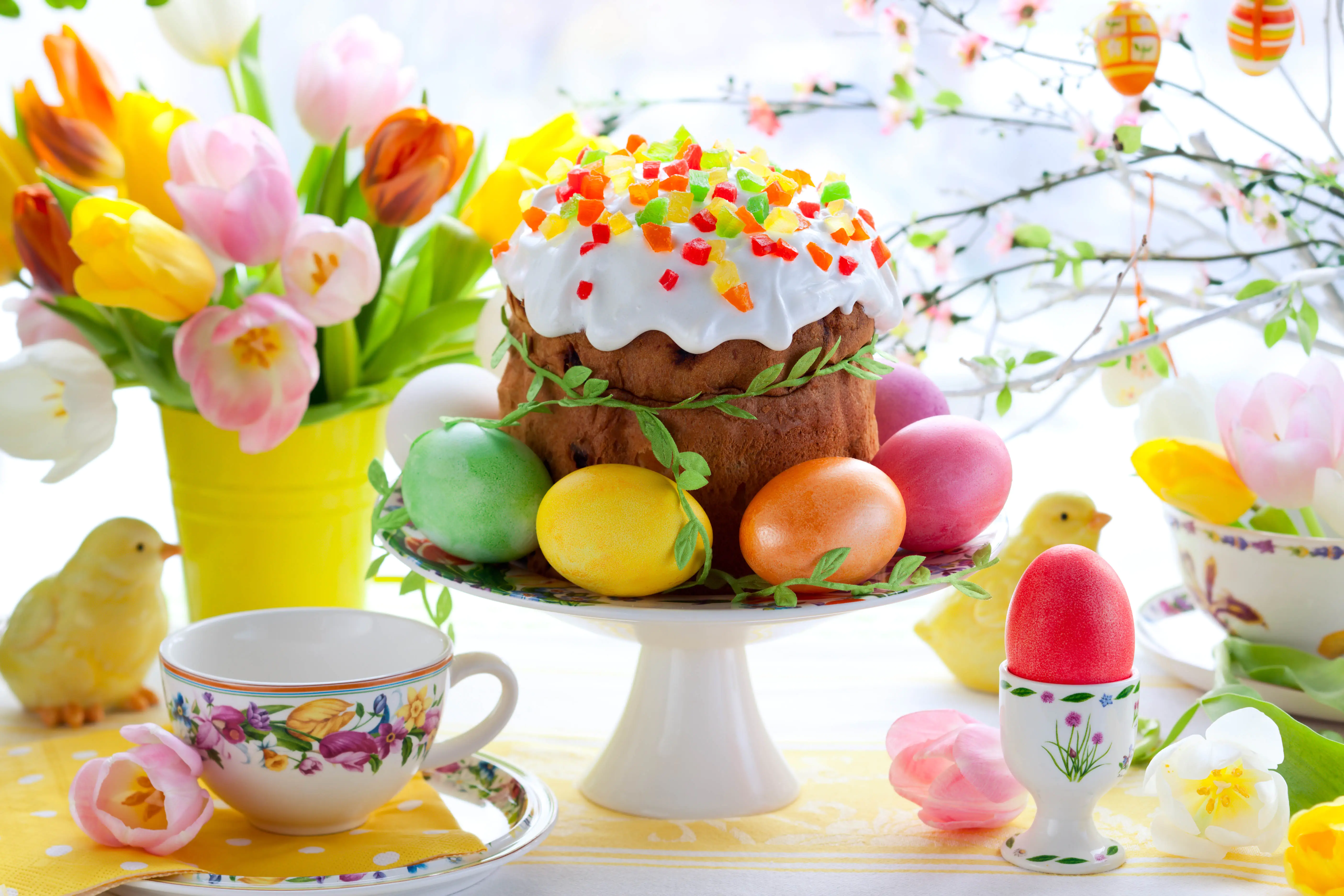Everyone is looking forward to Easter. And not only because of the additional day off, but also because Lent is ending. Those who observe it rub their hands contentedly - they can finally eat to their heart's content. But it was not there! Break your fast correctly if you do not want to harm your health.
Symbolism of the Easter table
Fasting was invented many centuries ago for a reason. This is abstinence from food and other temptations for more than 40 days. During this time, the body is perfectly cleansed, the immune system is strengthened, and lightness appears. At the same time, a lack of meat is a blow to the heart, liver and kidneys. But don’t get excited and immediately fill this gap on the first day (or night).
Why you shouldn't overeat after fasting
Plant foods do not require as active a digestion process as animal foods. Accordingly, during fasting all processes slow down and recovery takes at least two weeks. Otherwise, old chronic diseases (gastritis, ulcers, etc.) may make themselves known, or simple indigestion, heartburn, and nausea may occur.
What to put on the Easter table
If the cake was dedicated at night, you cannot immediately sit down at the table. It is best to go to bed; your body is not ready to eat yet. Before going to bed, if you really want to, you can drink a glass of warm water and eat some Krashanka.
In general, when breaking fast during the entire two weeks, it is very important to drink a lot of water, tea, juices, fruit drinks and compotes. At the same time, it is better to completely avoid alcohol and soda.
So, you sat down at the Easter table, but there should be no sausage or meat on it - it is better to give preference to fish and seafood. They are rich in proteins, satiating well and at the same time light.
As a last resort, you can cook steamed cutlets or boiled chicken. Fatty animal foods will hit your gallbladder hard, so forget about them in the first two weeks. It is better to introduce lean meat into the diet 3-4 days after breaking the fast.
Continue to eat the vegetables and fruits you ate during your fast. Dress salads with vegetable oil, not mayonnaise. Eat 1-2 eggs, cottage cheese and a couple of pieces of Easter cake. It is important that all the baked goods on the table are from yesterday. You can wash down your meal with yogurt or kefir.
What to eat and drink after fasting
Portions during this period should be small, but you need to eat every 2-3 hours.
In general, during these two weeks it is good to eat foods that promote digestion - parsley, onions, dill, ginger, spices. An old remedy will help dull the feeling of hunger - two glasses of warm water before meals.
Don't eat junk food like chips, salted nuts and crackers with sprinkles (which are not a good option even in normal times). Avoid condensed milk and sweets, flour and butter, fried and pickled foods, as well as coffee.
And if you do succumb to temptation and eat something heavy, take a few tablets of activated charcoal and gently massage your stomach.



